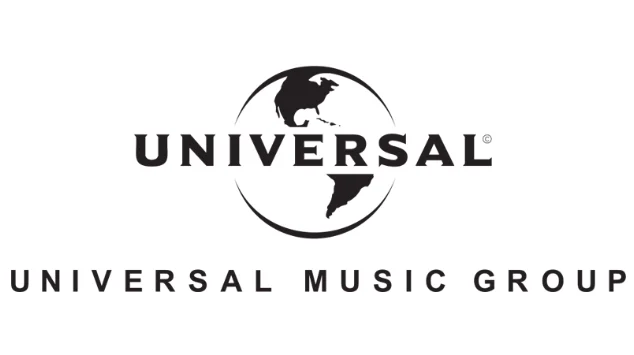As AI-generated content continues to make waves in various sectors, Universal Music Group (UMG) has recently expressed concerns over the AI wave by telling music streaming platforms like Spotify and Apple Music to block any AI-generated music.

Content generated by artificial intelligence (AI) has increased since the release of ChatGPT-4, the most recent iteration of OpenAI’s AI chatbot, and others like it. However, only some have favored some of its available capabilities.
The Financial Times reported on April 13 that Universal Music Group (UMG) was the most recent company to express concern over the emerging technology. The music industry titan instructed streaming services such as Spotify and Apple Music to prevent artificial intelligence (AI) services from extracting melodies and lyrics from copyrighted tunes.
According to a source familiar with the matter, UMG has sent requests to remove AI-generated songs from streaming services “left and right” as they have become increasingly prevalent.
One Twitter user shared an example of an AI-generated song featuring an AI version of the renowned rapper Jay-Z that is nearly identical to the real Jay-Z. As a Jay-Z fan, the user said he “enjoyed” the track but is unsure whether he should feel “good or ashamed” for enjoying AI music.
AI programs have previously had access to music catalogs on streaming platforms, which have been used to train the technology by its developers. According to the report, UMG has become “increasingly concerned” about using the intellectual property by AI bots to create identical music to genuine artists.
According to a source close to the circumstance, the emerging next generation of technology poses “significant issues.”
They said AI could be requested to compose a Taylor Swift-like song with the vocals and themes of other famous artists such as Bruno Mars and Harry Styles.
“The output you get is due to the fact the AI has been trained on those artists’ intellectual property.”
The UMG takes an artist-first stance, as evidenced by its emails to streaming services stating, “We will not hesitate to safeguard our rights and those of our artists.”
The same Twitter user also posted a video of an artificial intelligence model of Kanye West singing along to Drake’s “Hold On.” These examples illustrate the concerns UMG is raising with streaming services.
In addition to AI-generated music appearing on Twitter and prominent streaming platforms, entire YouTube pages that recreate well-known songs using AI technology are emerging.
This is the beginning and the tip of the iceberg for the music industry’s struggle against artificial intelligence technology exploiting intellectual property rights. Google recently announced that its MusicLM machine-learning music system will be capable of generating “high-fidelity music from text descriptions.”
The application has yet to be distributed, but Google has published a page on GitHub containing sample music and keywords indicating how it was generated.
